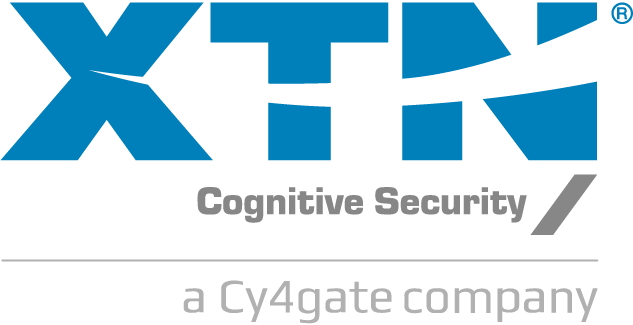Instant payments are electronic money transfers in which the funds are available for the payee in real-time. The service is available 24/7, and transfers occur directly from the payer’s account to the payee’s account. Many countries use this fast, convenient, and available technology between people, businesses, and government authorities. But what about linked risks? We deep-dived into the theme with XTN Cognitive Security’s Managing Director, Davide Fania.
The pandemic situation we have been experiencing for a year now has led to a substantial increase in instant payments globally. Do you think it is a piece of good or bad news?
From a technological evolution perspective, it is unquestionably positive. Instant Payments bring speed in funds transfer. Being active 24h/7, they meet the needs of consumers and businesses, promoting global competitiveness and interoperability. On the other hand, instant payments are prone to new operational risks, which will require newer, faster, and more efficient mitigations other than adaptive and real-time fraud protection layers. Consequently, any instant payment solution introduced to replace or integrate legacy payment systems must be robust and effective, adaptable, and scalable to keep up with upcoming technologies without forgetting to find the right balance between efficiency and safety.
What are the most significant risks associated with instant payments?
Instant payments can provide immediate customer satisfaction but also instant fraud. Unlike other types of fraud, money recovery for instant fraud is impossible. Customers have no chance to realize what’s happening to cancel the transaction before it’s too late. Scoring and processing the transaction within 10 seconds (as required by the Instant Payment’s standard) means banking institutions must increase the security around the payments going through their fraud prevention system.
Do you think there are countries where the problem is more pressing than others, or is it a generalized situation?
I believe that the problem is more evident in countries where instant payments have registered a large section of the population’s daily use. Instant payment solutions have been implemented or are in the process of being developed (now landing in the Middle East) in many countries across the world. In the euro area, the first countries to launch instant payment initiatives were Italy, Spain, and the Netherlands. You can easily understand why XTN Cognitive Security® has been one of the first software vendors to react and tailor its solutions to instant payment channels.
In your opinion, what are the bad habits a digital user typically pursues, thus becoming a vulnerable subject?
Although technology has exponentially increased the well-being of contemporary society, it has at the same time multiplied the emergence of experiencing new vulnerabilities. Being interconnected makes us all more vulnerable. The constant use of social media, online purchases, and all the traces we leave while browsing the web has made priceless amounts of personal data available to fraudsters. Most digital users have not received sufficient awareness about the risks they can incur by (ab)using technology, thus educated on basic security practices, making them part of the solution instead of the problem’s source. Also, I believe there is an underlying economic inequality driven by technology and a generalized ethical deficiency.
In particular, what are the most underestimated wrong users’ habits?
We’re all vulnerable to experiencing momentary slips in judgment because we’re balancing various applications such as group chats, videoconferences, emails, social media, gaming platforms, and other interruptions on our focus on routine daily tasks. Moreover, nobody carefully reads the permission requests prompted each time an app is downloaded or checks if a link is legit when received via SMS, chat, or email. Ads hinted in free gaming apps can also be an attack vector. Nowadays, phishing is a more significant threat than ever. Everyone knows to never click on links or open attachments in unrated senders’ emails, but it remains a lucrative attack vector for bad actors.
How does XTN Cognitive Security® respond to the problem?
XTN Cognitive Security® supports financial institutions in introducing Instant Payments in their service portfolio, guaranteeing the right balance between security and user experience.
Instant payment requires intercepting and block suspicious payments immediately during the user request. The block happens through real-time fraud detection systems capable of providing flexibility to apply more stringent controls and adapt over time to new antifraud checks. White-listing logic, machine learning algorithms help recognize known patterns of behavior, and affinity with previously confirmed false positives lets instant payments work securely.
Our strength is the Cognitive Security Platform®, which, as a behavioral-based antifraud platform, recognizes users of online banking and payment services from their usual behavior. Using behavioral biometrics techniques, machine-learning, and proprietary AI Algorithms, it analyzes and correlates hundreds of parameters determining a risk score for every transaction in real-time. The Cognitive Security Platform® checks more than 100 aspects of user behavior!
Learn more about Instant Payments risks by downloading the white paper here.
Get in touch with our experts to secure your instant payment services!




